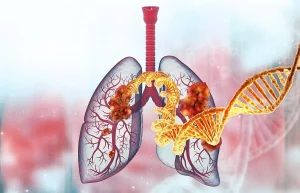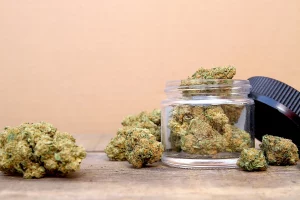 We’ve all heard this word tossed around along with all of the other “green” things more and more people are doing, but what is composting exactly? Basically it’s a natural way of recycling organic matter that you don’t need anymore (i.e. fruit peels, vegetable trimmings, etc.) and turning it into a rich nutrient-dense soil that you would use to enhance your garden or yard. The soil made from composting fuels plant growth and adds vitality to otherwise non-thriving plants. From earth, back to earth. Got it? And as an added bonus, you can compost just about anything from food scraps to old tea leaves to newspapers. So how does one go about this composting business anyways? Read on, it’s not as hard as you think!
We’ve all heard this word tossed around along with all of the other “green” things more and more people are doing, but what is composting exactly? Basically it’s a natural way of recycling organic matter that you don’t need anymore (i.e. fruit peels, vegetable trimmings, etc.) and turning it into a rich nutrient-dense soil that you would use to enhance your garden or yard. The soil made from composting fuels plant growth and adds vitality to otherwise non-thriving plants. From earth, back to earth. Got it? And as an added bonus, you can compost just about anything from food scraps to old tea leaves to newspapers. So how does one go about this composting business anyways? Read on, it’s not as hard as you think!
According to the EPA, composting needs three elements – brown, green, and water. “Brown” are objects such as dead twigs, leaves and branches. “Green” includes food scraps, grass trimmings and coffee grounds. And “Water”, is, well, just water.
First, decide whether you will be composting indoors or outdoors. If it’s outdoors, select a dry, shady area to collect your compost in. (Hint: make sure to chop the materials down into smaller pieces first – they break down faster.) If you’re going the indoor route, purchase a special composting bin (or, if you’re handy, make it yourself) and start your pile in there.
Gather the brown and green materials. Start your compost with a 6-inch layer of brown, using water to moisten the materials. Then, add 3-inches of green alternated with 3-inches of brown. Oftentimes, you hear that a 30:1 brown to green ration is the ideal way to go, but that’s not mandatory.
Mix your compost pile every week or so, keeping an eye out for any dry areas, and moistening any that you find. This helps to speed up decomposition.
In both cases, when the bottom of your pile is a rich dark color, your soil is ready to use. This can take anywhere from 2 months to 2 years, so be patient.
Quick note: although we said you can compost practically anything, that doesn’t mean everything. Things to NOT toss in your bin include any meat, oil, fish, or dairy leftovers as these will bring some unwanted furry visitors to your bin. Also, any kind of plant that was already sprayed with pesticides or herbicides, or diseased plants.
– Esther Carlstone

















